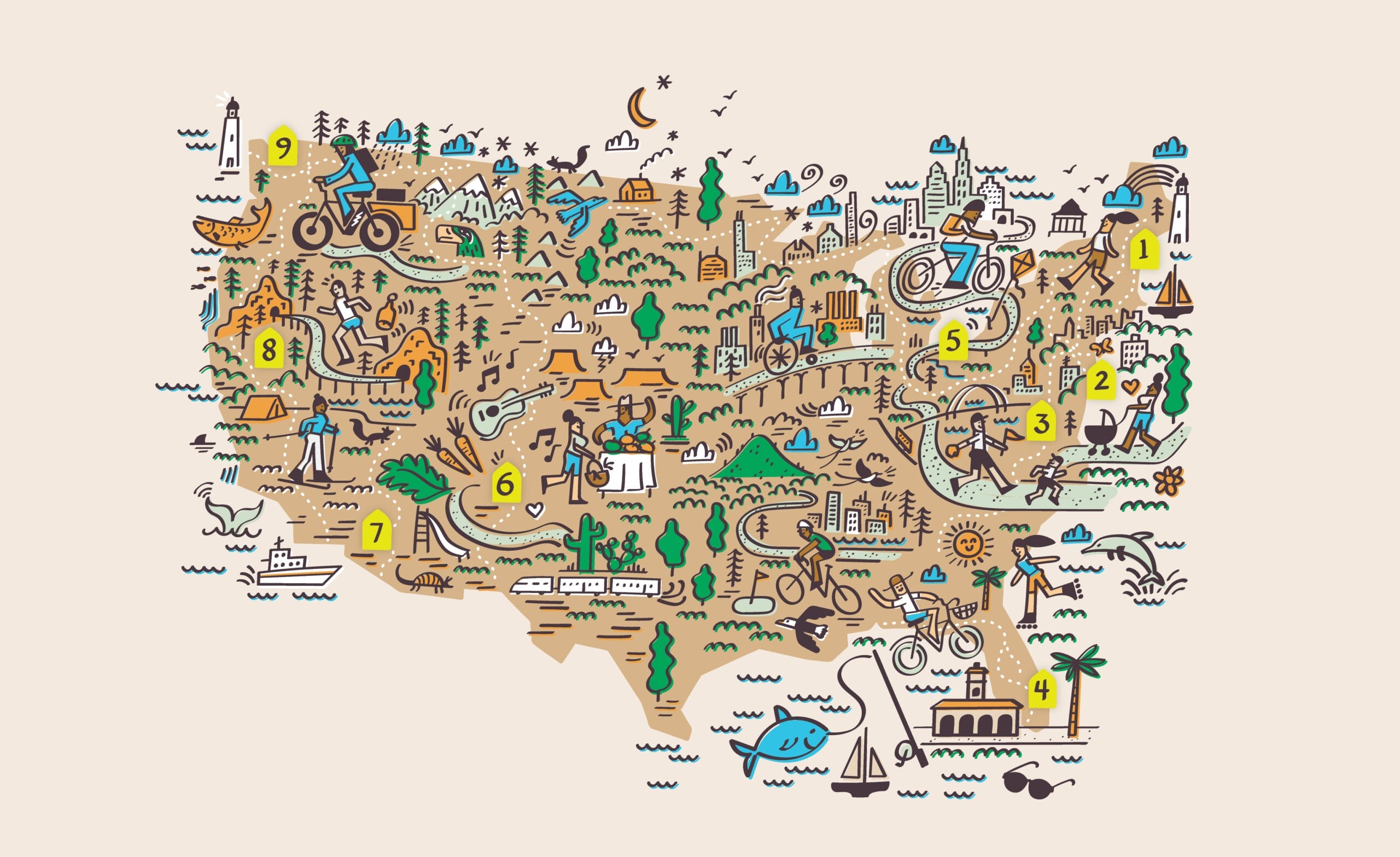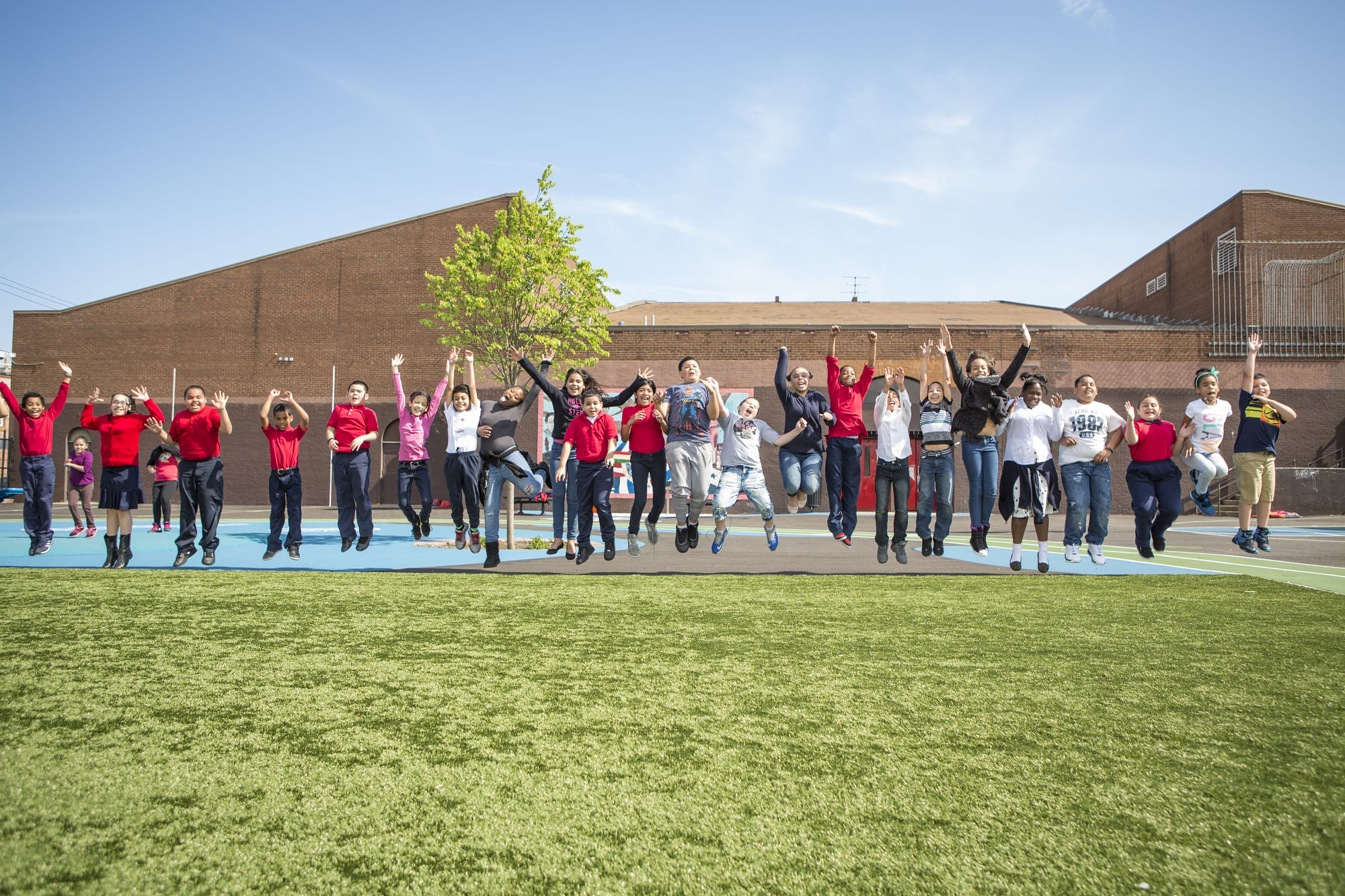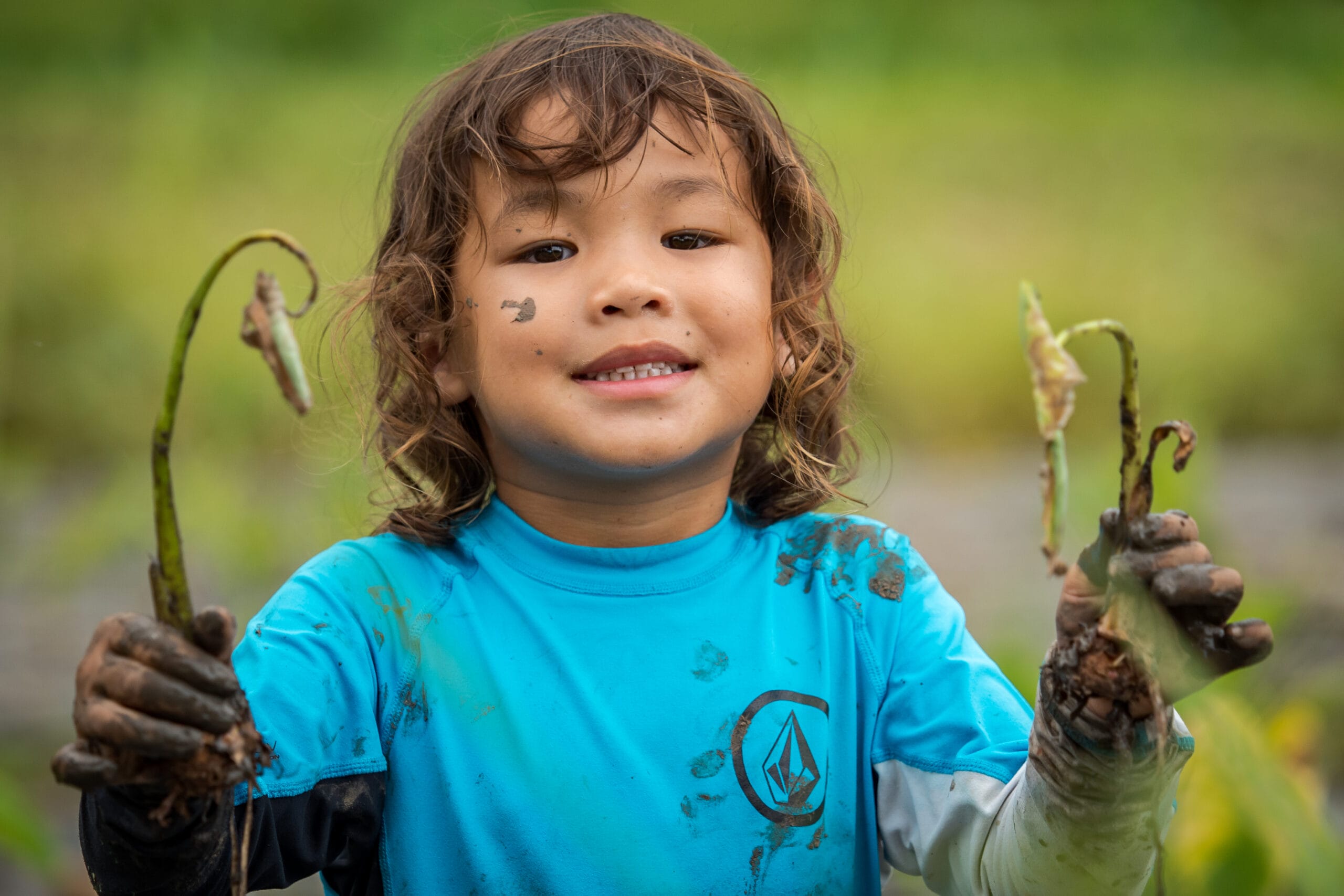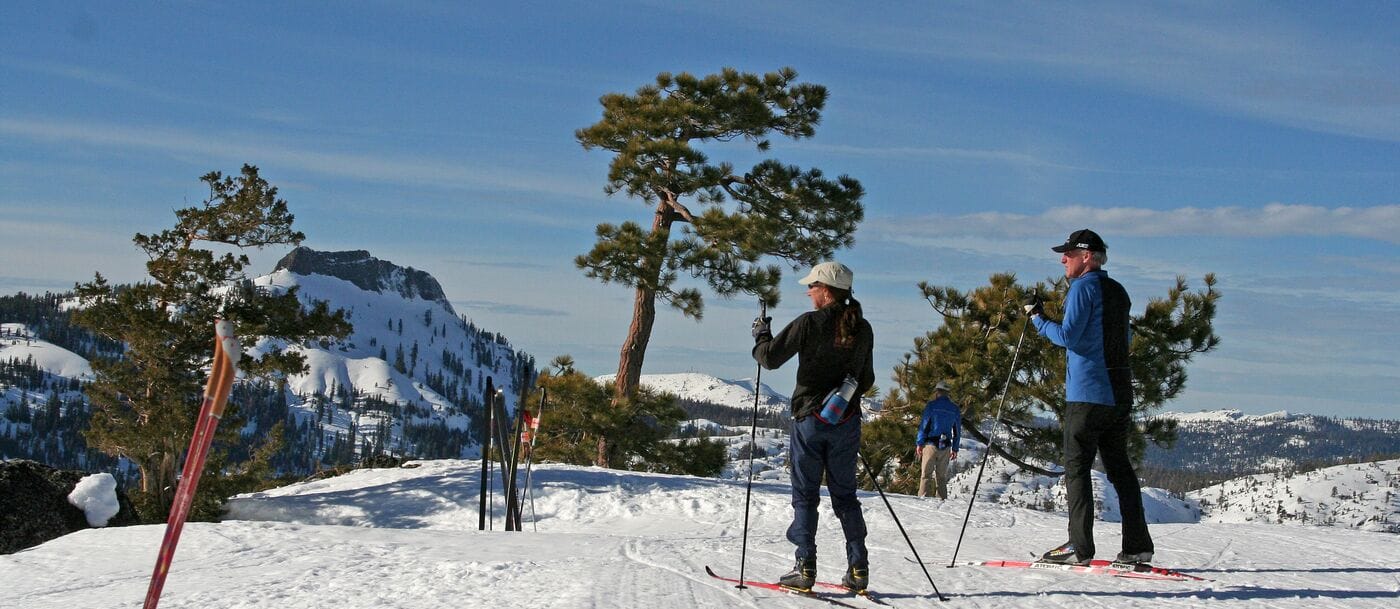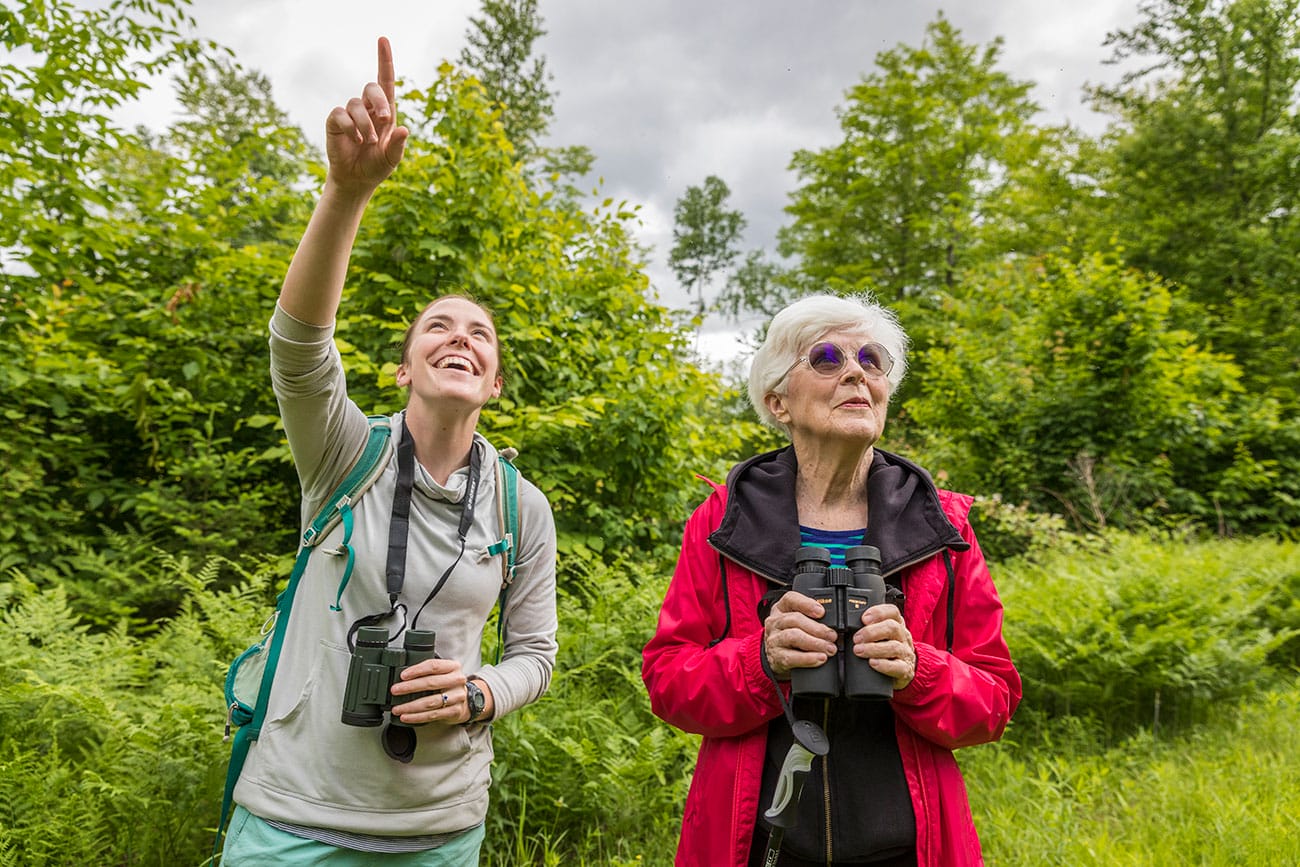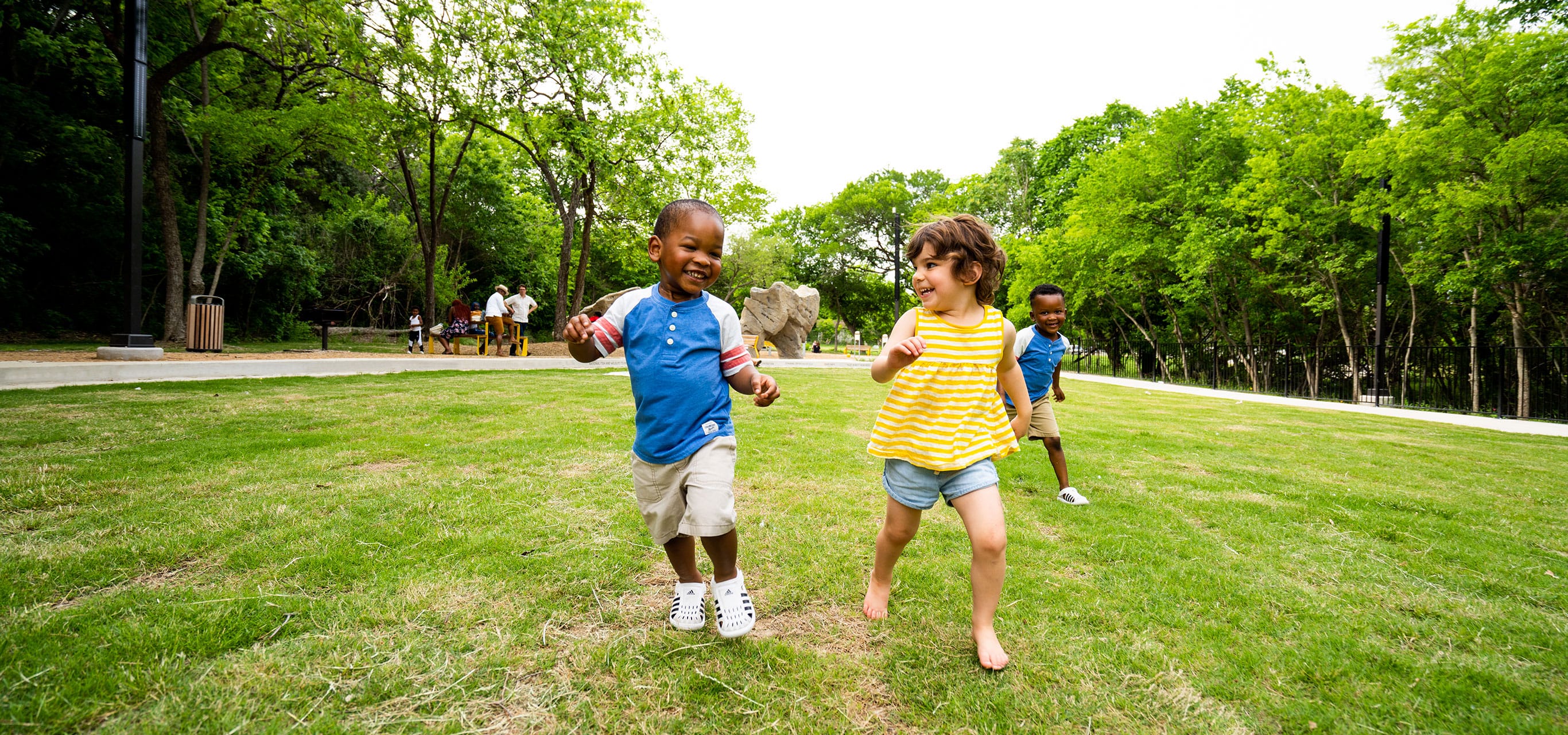
The right to roam—from Sweden to the states
The right to roam—from Sweden to the states
The Swedes have a word with no English equivalent: allemansrätten, “every person’s right” to roam. It’s a celebrated Nordic tradition that allows anyone to cross private property—to hike, bike, even fish or pick berries—so long as they don’t disturb the owners and they care for the land as if it were their own.
Laws are very different in the United States, of course, which is why we work to protect places that everyone can enjoy. In Minnesota, we recently helped expand Allemansrätt Wilderness Park, a refuge of forest and wetlands less than an hour from St. Paul. Like the rest of the park, the newly conserved land is a former farm with immigrant roots.
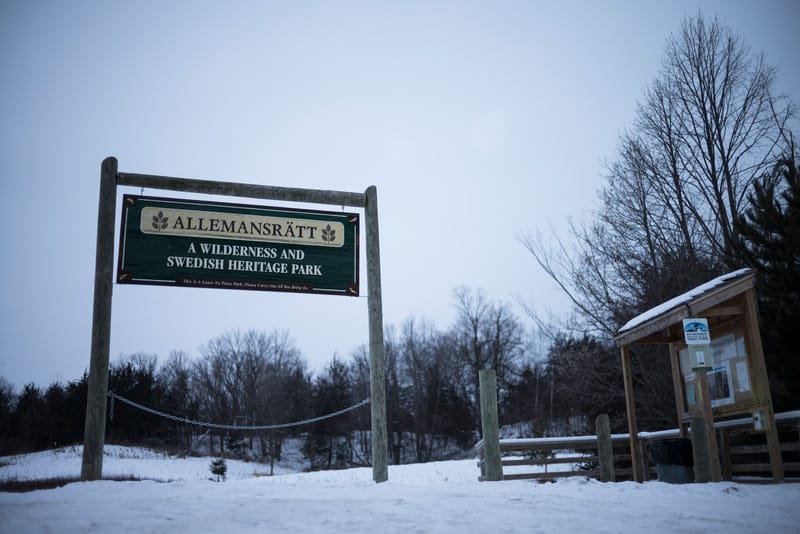
John Smith arrived in Minnesota from Sweden in the 1850s and bought this land for the tidy sum of $200. Life on the homestead could be tough and isolated: When he needed an axe, he walked 40 miles to the nearest supplier to buy one. With no glass for windows, his wife Maja used greased paper to keep out the rain.
But in time the family thrived, growing wheat, corn, and flax; weaving cloth; and raising livestock. Later generations went to agricultural school, pioneered new farming methods, and raised cattle. In all, descendants of John Smith farmed here for nearly 150 years.
Sisters Julie and Lee are the last of their family to have lived on the farm; they know it better than anyone. We asked them to share what makes this place so special—and what it means to leave their legacy to Allemansrätt.
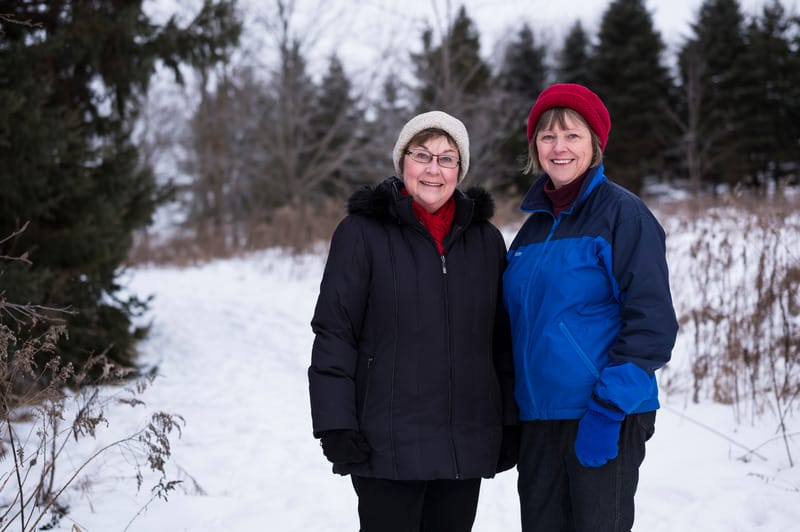
Lee: This is my favorite place on Earth. When you live someplace as a kid, you know every inch of it. If I said, “Let’s meet at the elm tree”—well, there’s probably 600 elm trees, but we’d both know which one.
Julie: We didn’t have a lot of money growing up here, but our parents were very fun-loving. They weren’t dour, sour farmers. We’d swim, canoe, picnic.
Lee: We had chores, though. If you were old enough to drive a tractor, you drove a tractor. The chickens were my responsibility. I don't ever want chickens again. That’s gotten awfully popular here. If you want chickens in your backyard, I say, more power to you—but don't ask me to watch them!
Julie: Being the youngest, I had the fewest chores. I got kind of spoiled.
Lee: That’s what I always thought!
Julie: Winter was my favorite season. I loved sledding and the coziness of the family being in the house for Christmas.
Lee: Mine was spring. Our grandfather would take me out in the woods and we’d hunt for the first violets. There’s something to do here every season of the year.
Julie: One of the things that I’m excited for people to know about this place is that it’s so varied. There’s a wooded part that was never cleared for fields, so it’s got some original stands of forest. Then there’s the peninsula and access to the lake, which is completely different. Now you can walk from one part to the other and have both experiences.
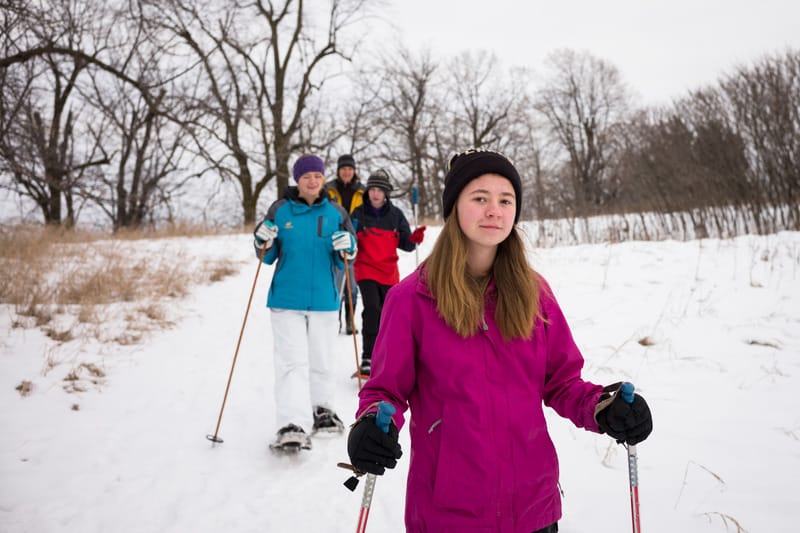
Lee: Minnesota has a lot of lakes, but so many are private. Around here there are small city parks, but there wasn't anywhere to take a longer walk along the water. This property has trails and over a mile of lakeshore—something the area hasn’t had before.
Julie: Our dad expressed his concern that people couldn’t enjoy the lakes the way we did. So, we’re realizing his dream to provide that opportunity to people.
Julie: We were sad to be the generation that lost the farm. But seeing people's reactions—for example, when they had the opening dedication ceremony—we came away feeling really happy about the result.
Lee: We could probably have sold it for more if we were willing to have it developed. But at our ages, what do we need? It just seemed right. It was a gift for us to grow up there, and I hope people see it as a gift now.
Julie: My wish it that they'll have the same rush of feelings that I remember having as a young person—of the simple beauty of the land and how it can fill you up with gratitude and happiness. That’s my hope.
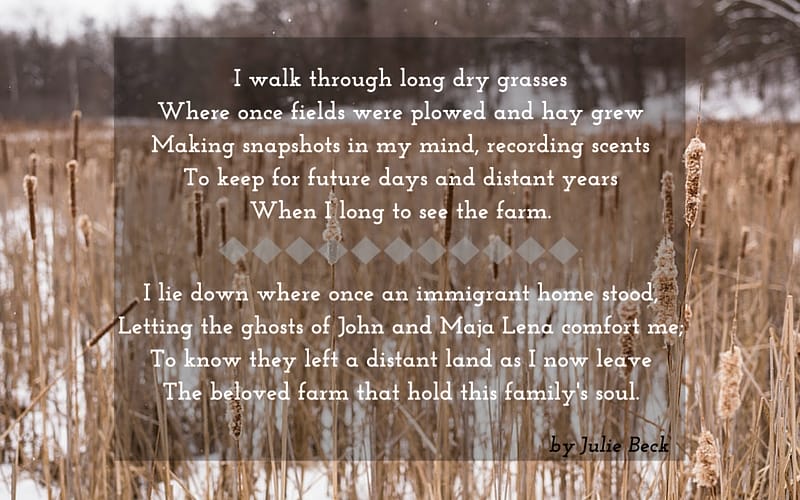
Funding was provided by the Environment and Natural Resources Trust Fund as recommended by the Legislative Citizen Commission on Minnesota Resources.
One-third of Americans, including 28 million children, lack safe, easy access to a park within a 10-minute walk of home. Urge your senators to allocate funding to create parks and enhance outdoor recreational opportunities by championing the Outdoors for All Act today!
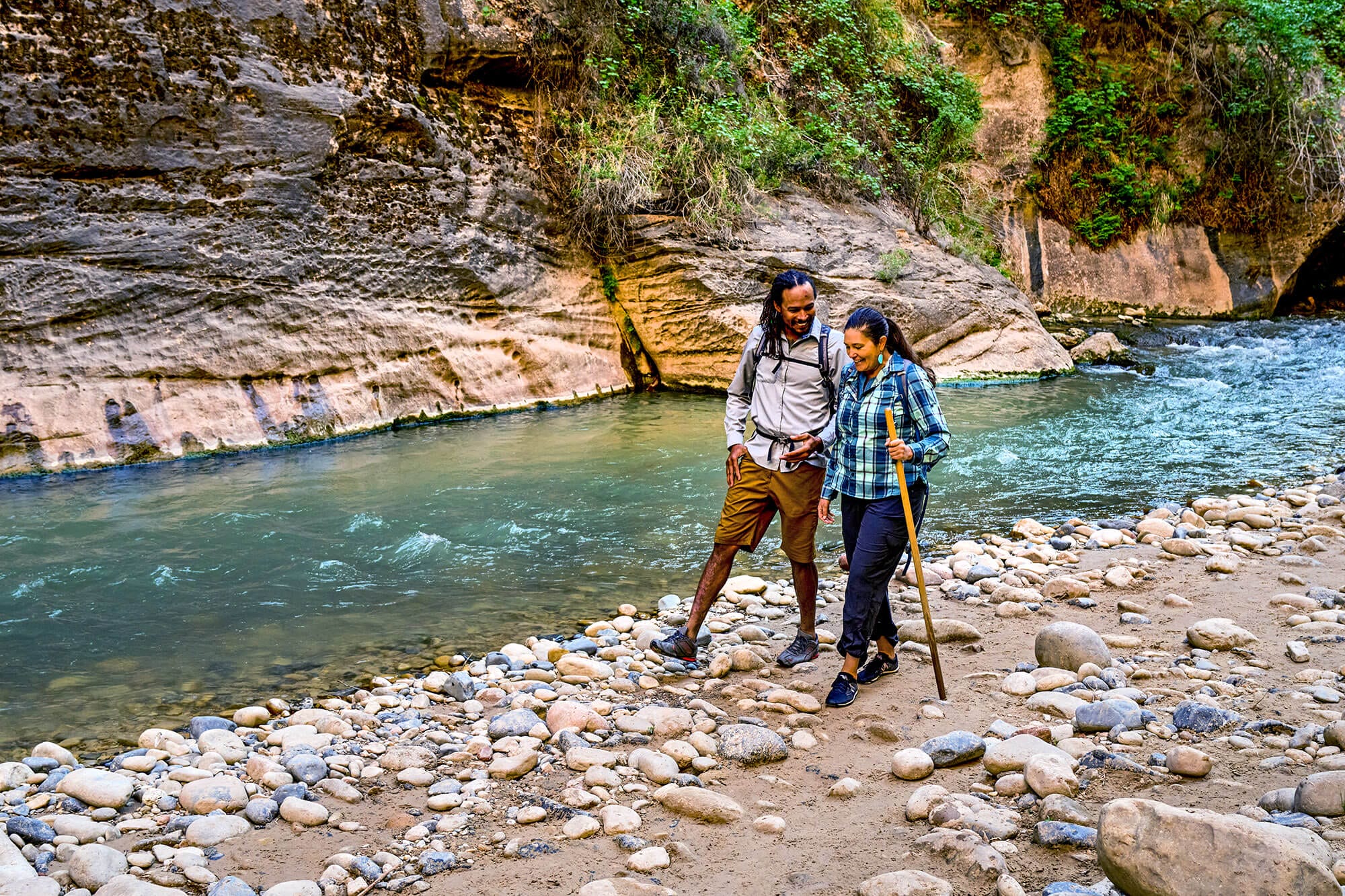
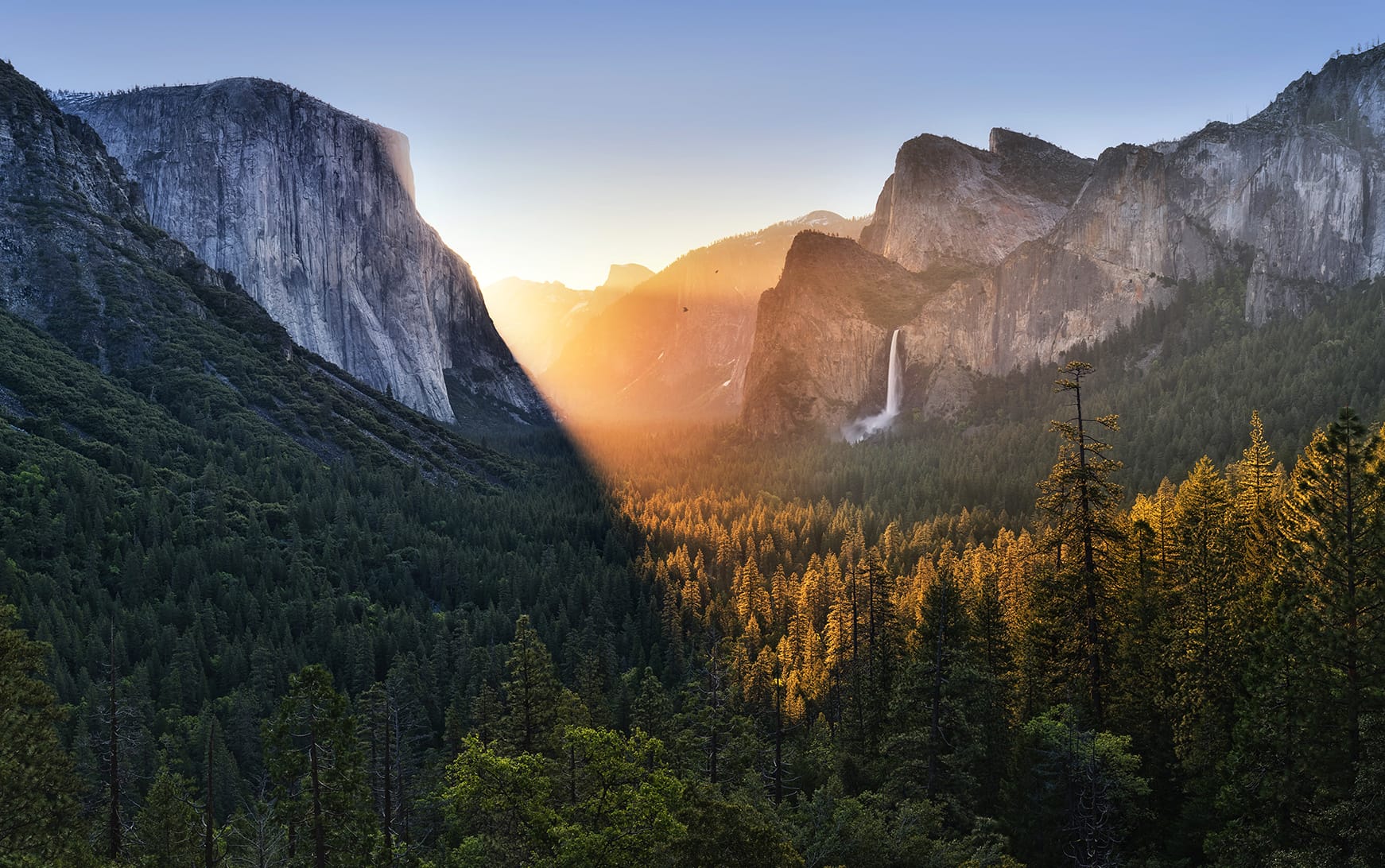
Donate to become a member, and you’ll receive a subscription to Land&People magazine, our biannual publication featuring exclusive, inspiring stories about our work connecting everyone to the outdoors.
See how our supporters are helping us connect people to the outdoors across the country.


